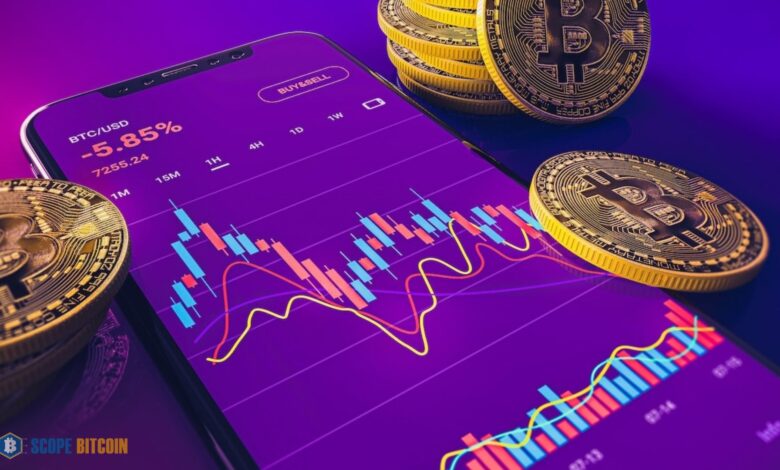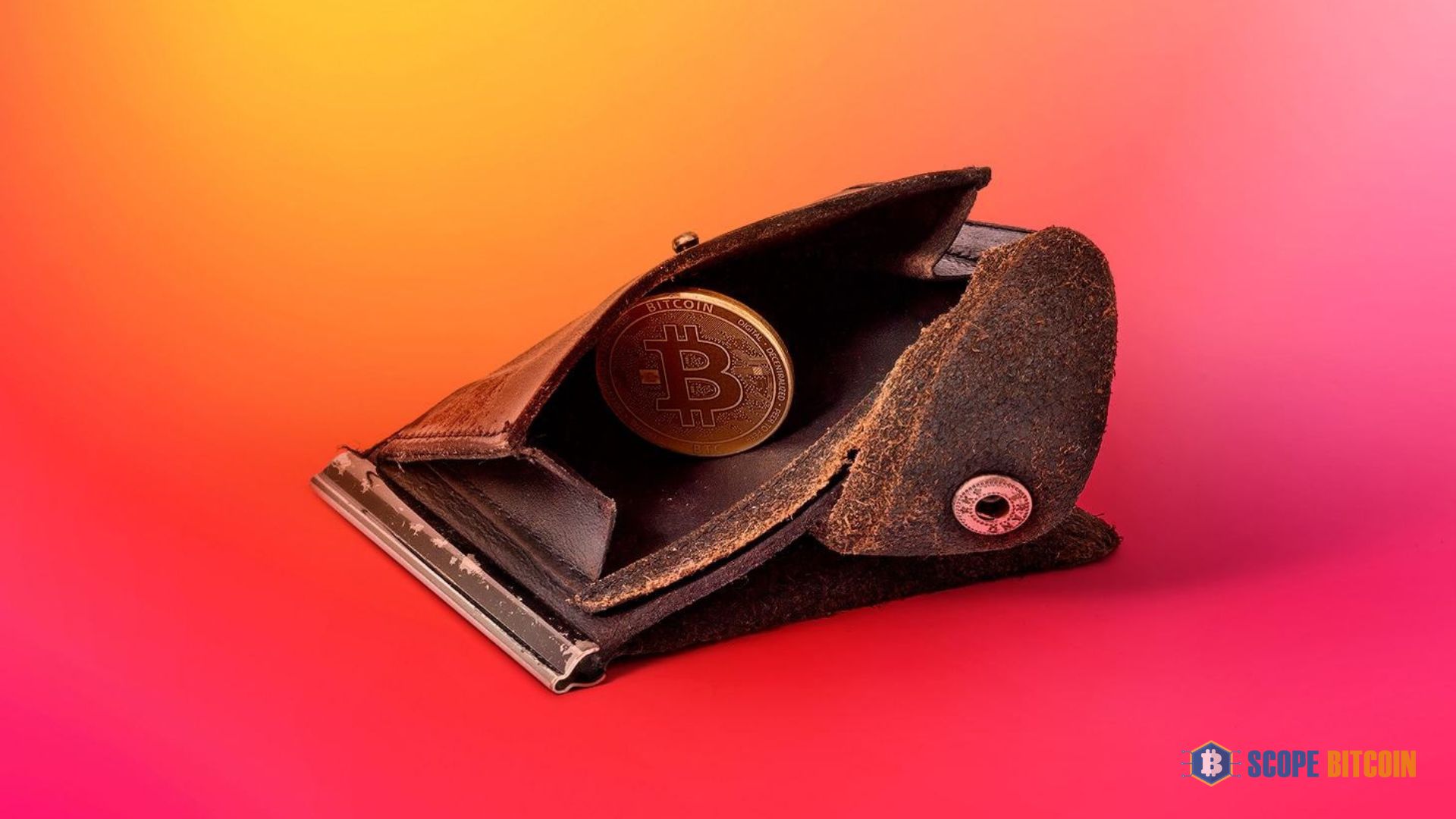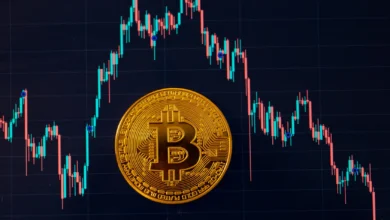
Is Bitcoin a Secure Investment? An Overview
Bitcoin, the first and most well-known cryptocurrency, has captured the attention of investors, financial institutions, and governments alike. Since its inception in 2009 by the pseudonymous creator Satoshi Nakamoto, Bitcoin has evolved from a niche digital currency into a multi-trillion-dollar asset class. Despite its growing popularity and adoption, many potential investors still ask the same fundamental question: Is Bitcoin a secure investment?
To answer this, we must first define what we mean by “secure.” In investments, security can refer to Bitcoin as a Secure Investment with several factors—protection from financial loss, resistance to hacking or fraud, regulatory stability, and overall market predictability. Let’s explore Bitcoin’s position in these areas.
Market Volatility: The Double-Edged Sword
Bitcoin’s volatility is legendary, one of the most significant concerns for those considering it a secure investment. The price of Bitcoin has seen dramatic swings over the past decade. For example, in December 2017, Bitcoin hit nearly $20,000, only to drop below $4,000 a year later. In 2021, Bitcoin reached an all-time high of over $60,000 but fell to $30,000 in mid-2022, stabilizing around the $25,000 – $30,000 range in 2023.
This volatility can be both a risk and an opportunity. On the one hand, those who bought Bitcoin early and held on through price swings have seen tremendous gains, with Bitcoin outperforming most traditional assets like stocks, bonds, and gold over long periods. On the other hand, the rapid fluctuations make it difficult for risk-averse investors to consider it a “secure” asset.
Why Is Bitcoin So Volatile?
Several factors contribute to Bitcoin’s volatility:
- Market Maturity: Bitcoin is still a relatively young asset class, and its market is much smaller than more traditional financial markets, such as the stock or bond markets. This smaller market size can lead to higher price fluctuations when large trades are made.
- Liquidity: Bitcoin markets are less liquid than major assets like stocks or foreign exchange. When liquidity is low, even small trades can significantly impact price.
- Speculation: A significant portion of Bitcoin’s price movements are driven by speculation. While many investors buy Bitcoin believing its price will rise, short-term traders constantly move in and out of the market, adding to price swings.
While Bitcoin’s potential for gains is immense, its market volatility adds a layer of uncertainty, making it a less “secure” investment for those who prioritize stability.
Security from Hacking and Fraud
A common concern among potential investors is whether Bitcoin is secure from hacking. This concern is understandable, given the number of high-profile hacks that have targeted cryptocurrency exchanges and wallets.
The Blockchain: Secure by Design
The good news is that Bitcoin’s underlying blockchain technology is extremely secure. Blockchain is a decentralized, distributed ledger that records all transactions across a network of computers (nodes). It’s incredibly difficult to alter once data is recorded on the Bitcoin blockchain, thanks to cryptographic principles and the consensus mechanism that secures the network.
Bitcoin’s blockchain has never been hacked, making it one of the most secure public blockchains. This security comes from its decentralization and the use of computational power to secure the network via mining.
Exchanges and Wallets: Points of Vulnerability
However, while the Bitcoin blockchain is secure, other parts of the cryptocurrency ecosystem are not as bulletproof. Cryptocurrency exchanges, where users buy and sell Bitcoin, have been frequent targets of hackers. For example, Mt. Gox, one of the first and largest Bitcoin exchanges, was hacked in 2014, resulting in the loss of over 850,000 Bitcoins. More recently, exchanges like Binance and KuCoin have also suffered breaches, although many exchanges now have insurance to cover these losses.
Individual Bitcoin wallets can also be vulnerable to theft if not properly secured. Investors must use hardware wallets, enable two-factor authentication, and never share private keys to protect their holdings.
Regulatory Concerns
Bitcoin operates in a regulatory grey area in many parts of the world. While some countries, like El Salvador, have embraced Bitcoin as legal tender, others, like China, have banned it outright. In most countries, Bitcoin is not considered legal tender but is treated as an asset or commodity.
Positive Regulatory Developments
In recent years, many countries have taken steps to regulate Bitcoin in ways that could enhance its security as an investment. For example, the U.S. Securities and Exchange Commission (SEC) has approved Bitcoin futures trading and has considered approving a Bitcoin exchange-traded fund (ETF), making it easier for institutional investors to gain exposure to Bitcoin.
Regulation provides a framework that can protect investors from fraud, scams, and other illicit activities, making the market safer for participants. Moreover, clear regulations can give institutional investors the confidence to allocate capital to Bitcoin, further stabilizing the market and increasing its legitimacy.
The Risk of Overregulation
On the flip side, there is the risk of overregulation. Some governments could impose strict regulations or even ban Bitcoin, making it difficult for individuals and institutions to buy, sell, or hold it. This introduces geopolitical risk that could affect Bitcoin’s security as an investment. The regulatory landscape is still evolving, but Bitcoin’s status remains precarious in certain jurisdictions. Investors should be aware of how regulation in their own country might impact the future of their investment.
Adoption and Institutional Support
One of the most encouraging signs for Bitcoin’s long-term security as an investment is its increasing adoption by individual investors and institutions. Large financial institutions, including Fidelity, BlackRock, and JPMorgan, have started offering Bitcoin-related products and services to their clients.
Moreover, major companies like Tesla and MicroStrategy have added Bitcoin to their balance sheets, signaling confidence in its long-term value. This kind of institutional support adds a layer of credibility to Bitcoin and can help stabilize its price over time.
Growing Integration into the Financial System
Bitcoin is also becoming increasingly integrated into the broader financial system. More payment processors, banks, and financial services companies are enabling Bitcoin transactions and storage, making investing in and using Bitcoin easier. This growing adoption suggests that Bitcoin is maturing as an asset, which could reduce its volatility over time and make it a more secure investment.
Store of Value or Speculative Asset?
Bitcoin is often compared to gold as a “store of value.” A store of value is an asset that maintains its value over time and can be used as a hedge against inflation or economic uncertainty. Bitcoin’s limited supply—only 21 million Bitcoins will ever be created—makes it an attractive option for investors looking for an asset that governments cannot easily manipulate or devalue.
However, the argument that Bitcoin is a secure store of value is not universally accepted. Critics argue that its volatility and lack of widespread use as a currency undermine this role. While it may serve as a store of value in the future, it remains a highly speculative asset for now.
Conclusion
Bitcoin’s underlying technology is extremely secure, and its increasing adoption by institutions and investors suggests it could have a bright future. However, its market volatility, regulatory risks, and the vulnerability of exchanges and wallets make it a high-risk asset.
For risk-tolerant investors, Bitcoin may represent an exciting opportunity with the potential for high returns. Traditional assets may offer a more secure option for those seeking stability and low risk. Ultimately, whether Bitcoin is a secure investment will depend on your personal financial goals and your ability to withstand potential losses in the short term.
[sp_easyaccordion id=”2238″]







